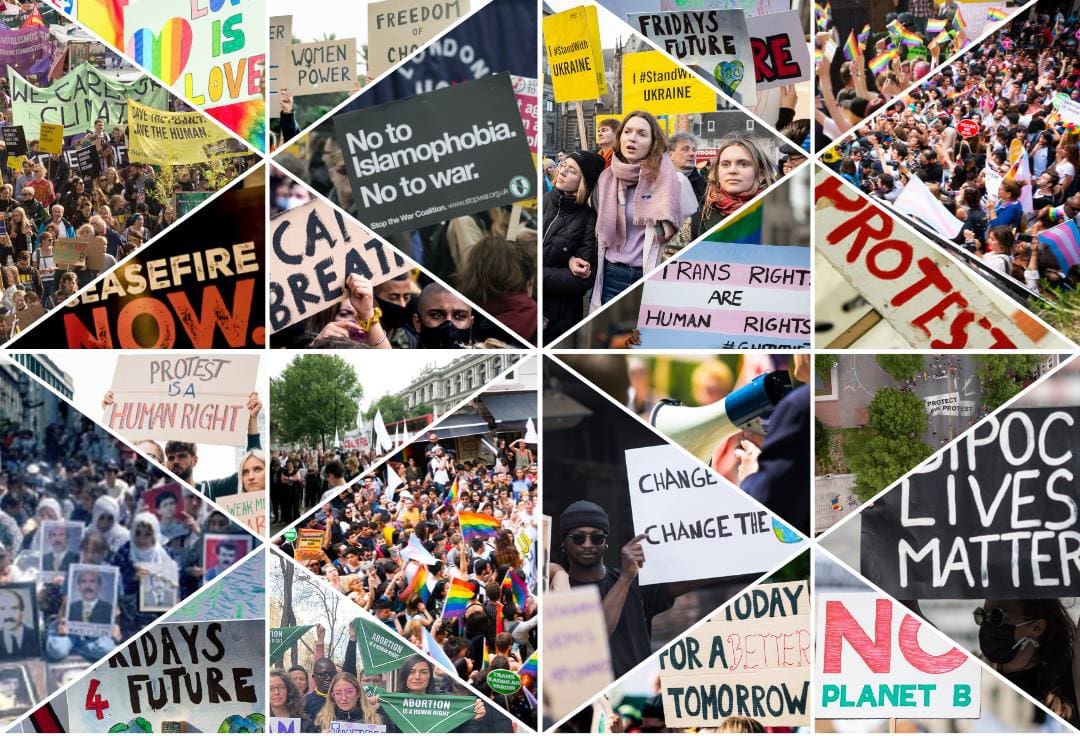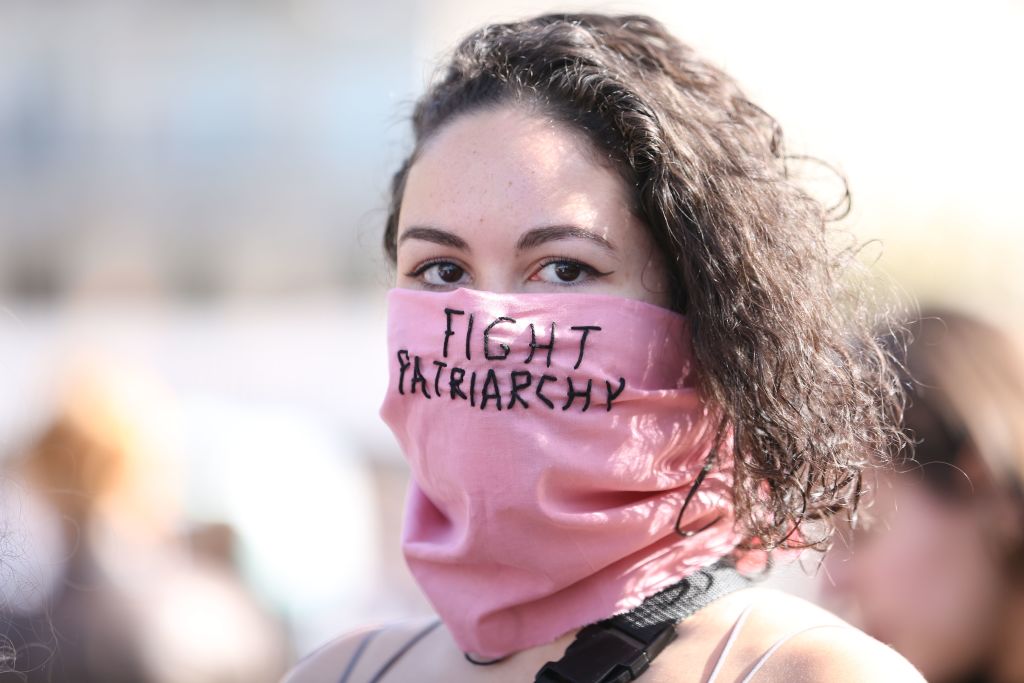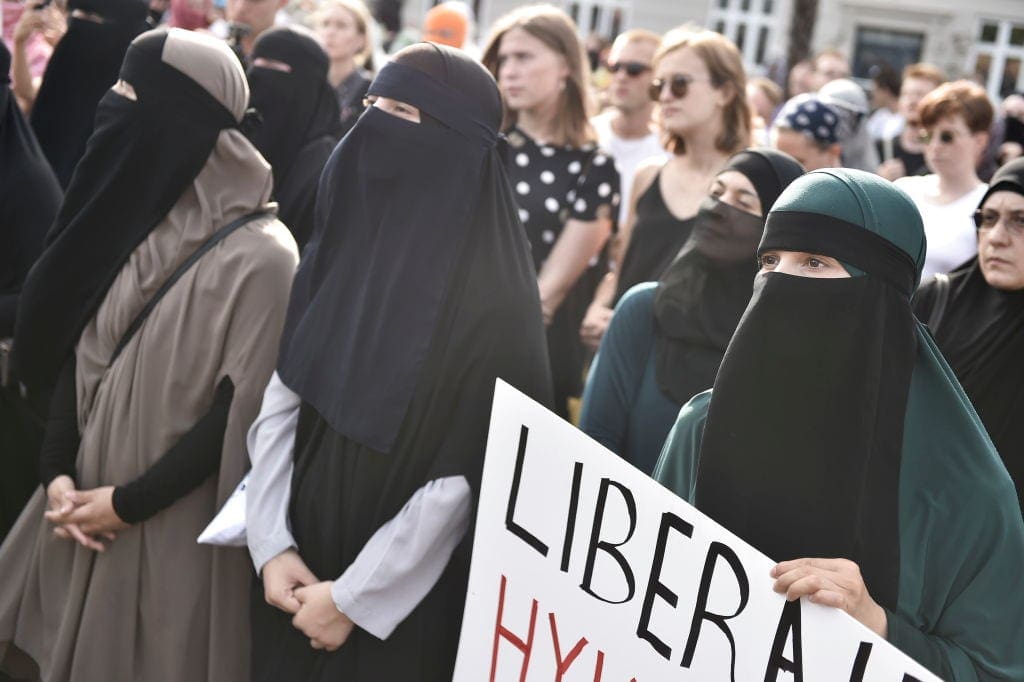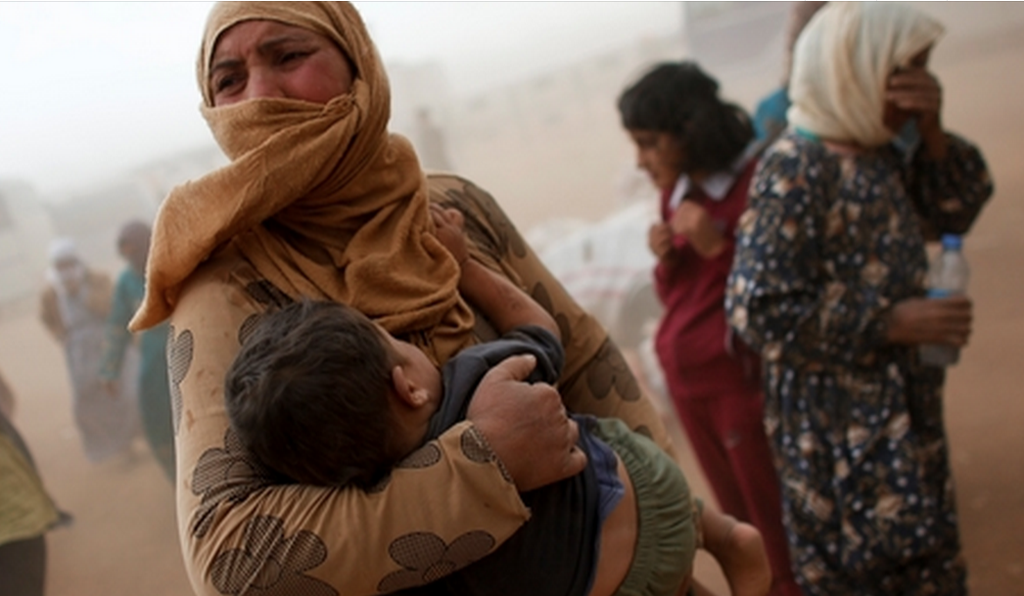The following information is based on the Amnesty International Report 2021/22. This report documented the human rights situation in 149 countries in 2021, as well as providing global and regional analysis. It presents Amnesty International’s concerns and calls for action to governments and others.
DENMARK 2021
People with “non-western” backgrounds continued to face discrimination in social housing. Refugees’ right to family life continued to be violated and laws on returns and externalizing the processing of asylum and residency applications were passed. Initiatives on sexuality education and corporate accountability continued to be delayed. Freedom of expression and privacy were compromised by a pending legislative proposal on data retention.
Discrimination
In May, a petition signed by 55,913 people to repeal the discriminatory law “L38” on social housing was discussed in parliament, but the law remained in force.
During its UPR, Denmark accepted recommendations in May to review its social housing policies, but only committed to a cosmetic removal of the term “ghetto” from government documents. Policies aiming to limit the number of residents with a “non-western background” continued, alongside new discriminatory initiatives that no neighbourhood would house more than 30% of residents with “non-western backgrounds” by 2030.
Refugees’ and migrants’ rights
In July, the European Court of Human Rights ruled against Denmark’s mandatory three-year waiting period for family reunification, which would affect around 4,000 Syrian refugees, stating that this violated the right to family life.
In June, parliament passed a law enabling Denmark to externalize the processing of people seeking asylum and refugee residence permits to non-European countries. No agreement with a host country exists, but from 2020 to 2021 the Danish government approached authorities in Egypt, Morocco, Rwanda and Tunisia. In December, Denmark entered negotiations with Kosovo on outsourcing prison cells for 300 people convicted of crimes and awaiting expulsion from Denmark as part of their sentence.
In May, Parliament approved a new Return Bill with new rules, such as offering money to asylum seekers to refrain from appealing to the Refugee Appeals Board if their claims are rejected.
In August, the government officially paused deportations to Afghanistan. At the end of the year, 19 Afghan citizens remained in return centres, without access to work or education and with limited access to healthcare.
In February, the Danish Immigration Service and Danish Refugee Appeals Board stated that Damascus in Syria and its surrounding rural area were “safe” for returns. As of 19 December, at least 151 Syrians had their residence permits revoked or not extended, or had their asylum application rejected.
Women’s and girls’ rights
In March, the CEDAW Committee recommended that Denmark include education about relationships, sexual autonomy and consent in compulsory sexuality education programmes in primary and secondary schools, and introduce a compulsory module on sexuality education for training teachers. This was not implemented in 2021.
Right to privacy
In October, a legal proposal on data retention was sent for discussion in parliament. The proposal was strongly criticized for its potential impact on the rights to freedom of expression and privacy.
Corporate accountability
In October, the government stated that Denmark would adopt a legal framework requiring businesses to exercise human rights due diligence in their operations, including the possibility for victims to seek judicial remedies. By the end of the year, however, no such proposal had been presented to parliament.






